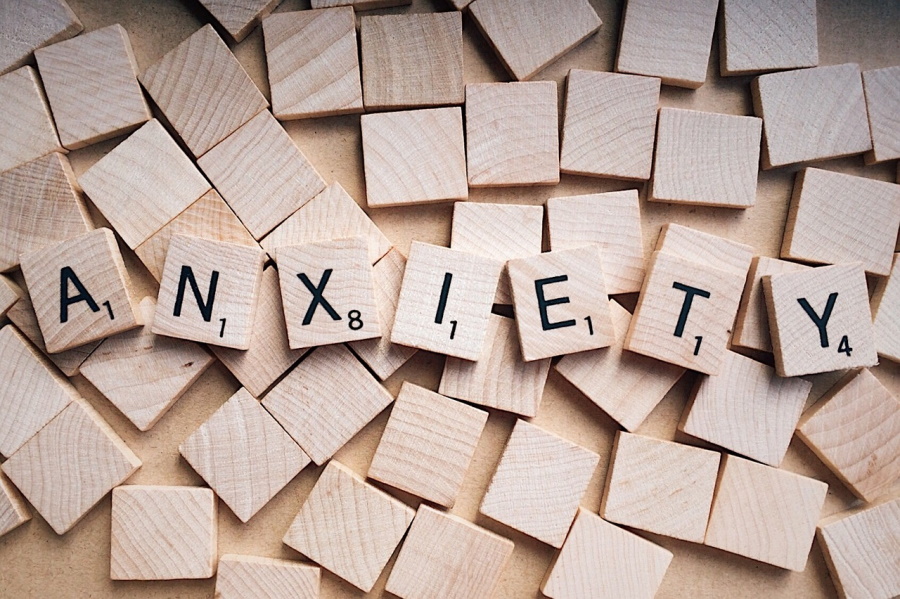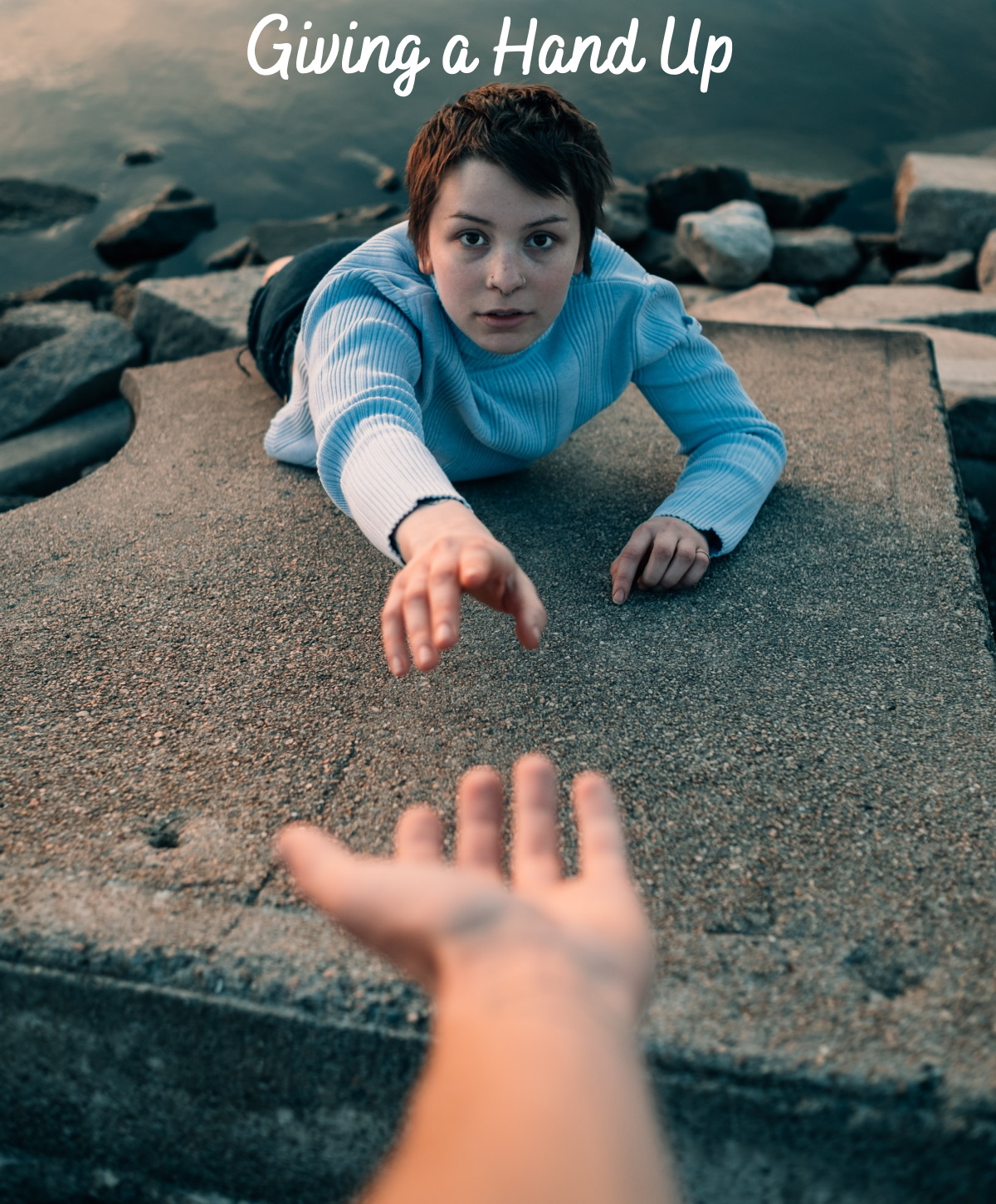Over the next few weeks, I would like to discuss the phases of domestic violence. The first phase is known as the Honeymoon Phase.
This phase takes from the old adage “the honeymoon is as good as it gets.” Picture the early stages of a relationship. The couple is still getting to know each other. To them, their partner seems warm, charming, and endearing. They share interests and make each other laugh. At this point, there are no red flags. The abuser in this scenario creates a sense of love and security that they hope their partner will love and appreciate. The hope is that, over time, the victim will become so dependent upon the security the abuser provides that they will begin to ignore concerns that begin to creep up. The victim may rationalize these concerns as being a result of their actions.
They may think it’s what they deserve for being difficult to love. They may hope that, by changing themselves, they may be able to change the behavior of the abuser. But by that point, the honeymoon is over, and the reality of the relationship takes hold.








